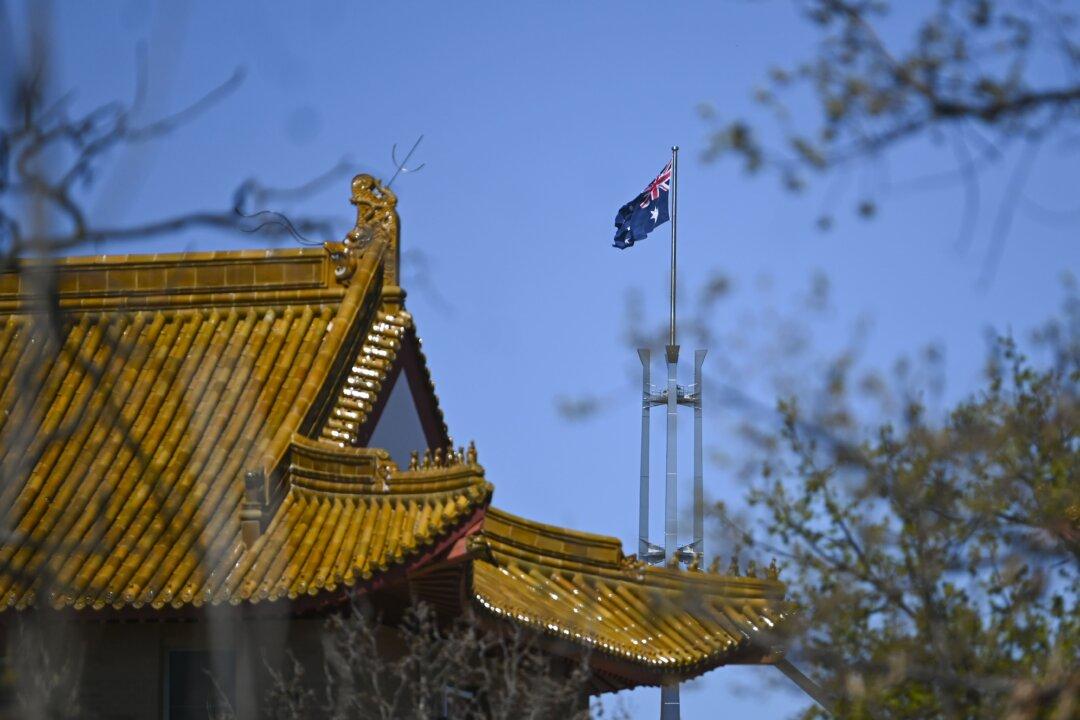The regime in Beijing has been accused of attempting to interfere with an Australian Senate inquiry looking into foreign interference through social media.
Sen. James Paterson, who chairs the Senate’s Select Committee on Foreign Interference through Social Media, has criticised the Chinese Embassy in Australia, which he says made representations to the Department of Foreign Affairs and Trade (DFAT) about WeChat, a Chinese-language social media platform currently under scrutiny by the committee.




